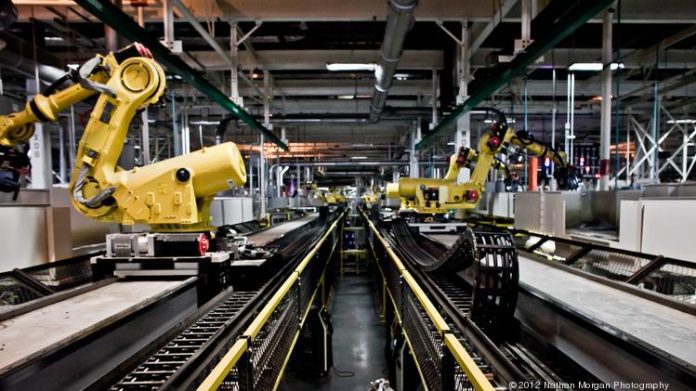According to new projections from technology-focused market research firm TrendForce, the market for solutions that support smart manufacturing initiatives will see a compound annual growth rate of 12.5% between now and 2020, growing from an annual value of a little more than $2 billion in 2017 to an annual value of approximately $3.2 billion by the end of the decade.
In the analysis, TrendForce researchers advise that “product development favors integrated solutions. Often, customers in the smart manufacturing market have to find different vendors to develop solutions for certain sections of their respective fabrication processes. Then, the customers have to combine the hard- and software that they have procured by themselves. Bringing these technologies together to create a tailored-made solution package is very difficult and can be costly. Thus, there has been some hesitation among manufacturers when it comes to investing in smart technologies.”
Case study: Smart manufacturing in the automotive vertical
Indian automotive component manufacturer Varroc, which makes vehicular lighting systems, powertrains, and body and chassis parts for cars and motorcycles, used Altizon System’s industrial internet of things platform to connect new and legacy machines across multiple assembly lines in several countries. From there, the company captured real-time data to get a granular look at its operations.
According to a case study provided by Alitzon, Varroc analyzed the data with an eye on studying equipment effectiveness, downtime, energy usage, temperature monitoring overall production efficiency. Using the data analysis, Varroc was able to increase operational efficiency by 20% and increase manpower efficiency by 20%, and decrease product defects by 5%. Varroc saw a return on investment in less than one year.

